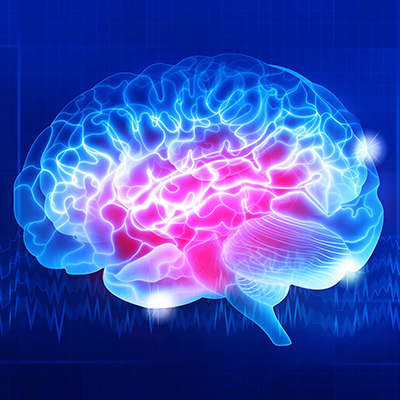You’ve probably heard of the circadian rhythm – the rhythms coordinated by your circadian clock, and are aware that it influences your sleep cycle. But what you may not know is that this daily rhythm also plays a role in many other bodily processes – and studying it is giving researchers clues on how and why we develop diseases such as liver diseases, metabolic diseases and even dementia.
Circadian comes from the Latin “circa”, meaning “approximately”, and “diem” meaning “day”, so the combination translates to “approximately a day”. It is so-named because the circadian rhythm orchestrates most biological functions that take place in a day of all living species, from bacteria, to plants, to humans.
Your sleep cycle, release of hormones, body temperature and how your body processes food or drugs – your metabolism – are all reliant on your body’s master circadian clock.
The disruption of the circadian clock has been linked to obesity, type 2 diabetes, diseases involving the liver and metabolism, and even cancer, depression and Alzheimer’s Disease.

How is the circadian rhythm controlled?
The central circadian clock is in your brain, but it passes messages to clocks in peripheral tissues and cells.

The suprachiasmatic nucleus (SCN) in the brain is like the ‘pacemaker’ of the circadian rhythm. The SCN is a cluster of neurons that sits in the hypothalamus, one of the control centres in the brain, responsible for regulating homeostasis (the internal environment of the body such as temperature and blood pressure).
The 20,000 nerve cells of the SCN respond to light, and co-ordinate all the cellular clocks in your body based on the time of day that they believe it is, based on the amount of light to which they are exposed.
But light isn’t the only influencer of the circadian rhythm – cells also receive metabolic cues based on food intake, so it is important to eat regularly to avoid disruption of the circadian rhythm.
Our circadian rhythm also controls our hormones
The circadian clock also controls the release of many hormones in the body, such as growth hormone.
The secretion of growth hormone (GH) is complex and impacted by sex, calorie intake, activity and sleep. Sleep deprivation blunts GH secretion, impacting growth in children and metabolism in adults. Sleep deprivation also affects the release of sex hormones such as testosterone and oestrogen.
Genes that control the circadian clock are also involved in controlling the metabolism of sugars and fats and disruption of the circadian clock is associated with obesity and type 2 diabetes.
How is the circadian rhythm disrupted?

The central circadian clock is synchronized by light, so light around your usual bedtime and waking time can disrupt your circadian rhythm – even a dim light like a candle or TV screen.
Shift work disrupts circadian rhythms because the body can’t respond to the sun’s light and dark cycle. Shift work also disconnects us from our normal feeding rhythms and desynchronises the clocks in peripheral tissues. This can also affect people who travel frequently through different time zones.
Good habits to keep a healthy circadian rhythm include:
1. having a regular sleep time and mealtimes
2. avoiding electronic devices late at night,
3. using low light if you wake in the night,
4. limiting caffeine later in the day.
How a disrupted circadian rhythm leads to disease

Associate Professor Fred Gachon from the Institute for Molecular Bioscience investigates how disruption of the circadian rhythm leads to disease.
“We are interested in how the desynchronisation of the circadian rhythm leads to a higher risk of dementia, liver disease and metabolic diseases,” Dr Gachon said.
“We are able to disrupt circadian clock genes in mice and monitor the effects, for example, study the links to obesity and type 2 diabetes.”
“Our animal models deficient in circadian clock genes have problems with metabolism and early ageing.
“Understanding how disruption of the circadian rhythm causes disease will open new avenues to treat and prevent these diseases, whether through pharmaceutical treatment or health policies.
He has some advice for shift workers:
“If you are working shifts, you can help keep your circadian clock in sync by keeping your eating at regular times (during the day), then at least your body has those cues.”
Biological clock or circadian clock?
Our circadian clock is sometimes referred to as our ‘biological clock’, which can be confused with the metaphor related to fertility.
Our circadian clock controls most of our biological functions, whereas the concept of a ticking biological fertility clock refers to the decline in fertility with age.
